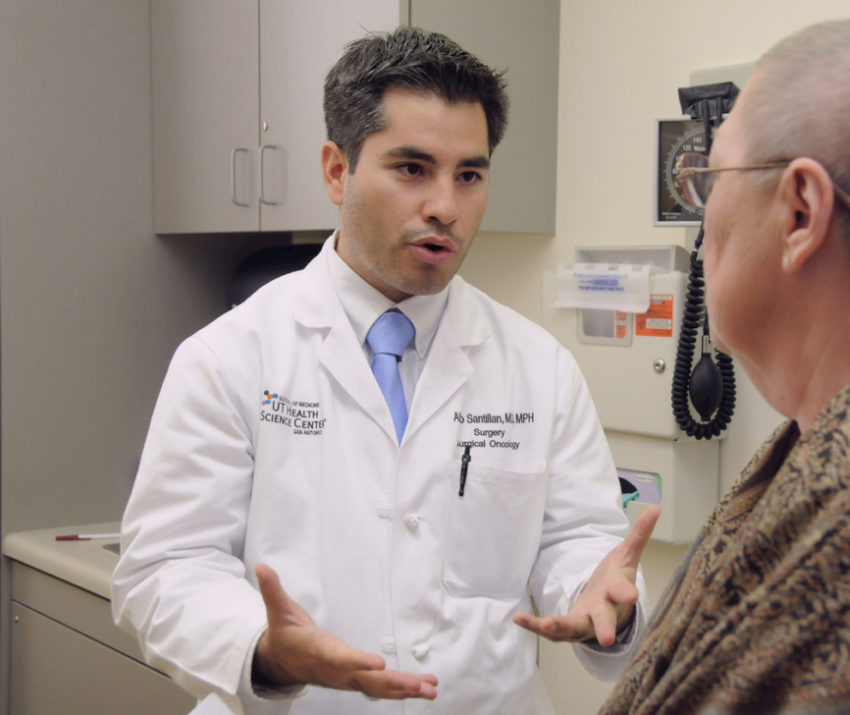New Toolkit to Help Reach Latinas with Culturally Relevant Breast Cancer Info

A new online toolkit aims to help community organizations across the nation deliver culturally and language-appropriate breast cancer information to Latinas. The toolkit, developed by Susan G. Komen for the Cure and the Mexican Embassy, offers free resources to both experienced and novice breast cancer educators working in the Latina community, providing culturally-specific communication resources including tips, sample talking points, breast cancer statistics, methods to address barriers to care as well as overview videos in English and Spanish. “This Toolkit is a vital resource for addressing the trends we are seeing among Hispanic/Latina women,” said Komen President and CEO Dr. Judy Salerno, in a statement. “It’s essential that women are knowledgeable about this disease so ...
Read More

